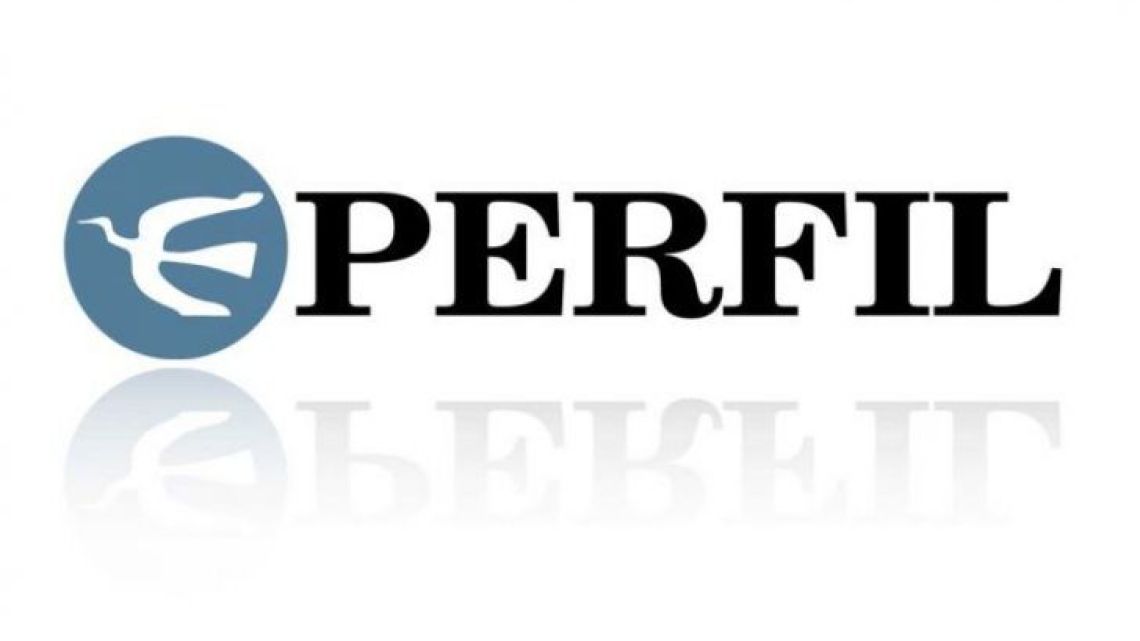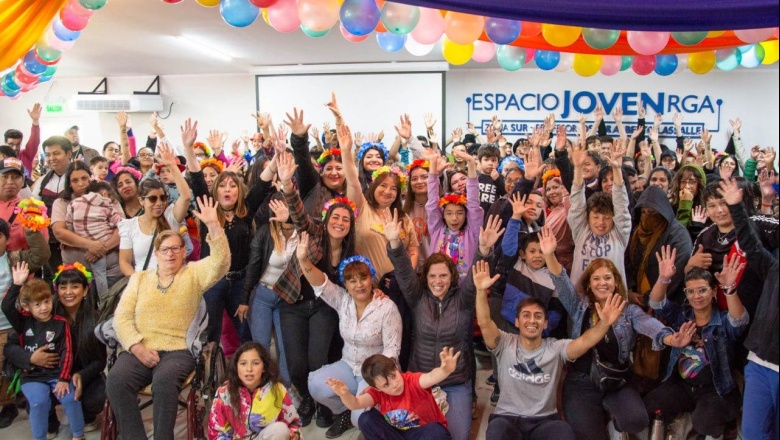Last December marked a year since the arrival in Argentina of the first vaccines against covid-19. Like many anniversaries, the first of the strategic plan for vaccination is a good opportunity to read the current situation and think about the future.
The pandemic caused by SARS-CoV2 brought to the center of public debate the problems related to health, disease and forms of care, given the challenges of managing a disease whose knowledge was advancing as infections and deaths did. Along with health recommendations, vaccines are key pieces for the scaffolding of a “new normality”.
The Public Vaccination Monitor indicates that more than 33 million people were vaccinated with the complete schedule. A first observation that emerges from this number is the confidence of our society in inoculations. Based on the data from the Science, Health, Beliefs and Society survey in the context of the covid-19 pandemic in Argentina, we can make this statement more complex. Funded by the International Research Network for the Study of Science and Belief (University of Birmingham and the Templeton Foundation) and directed by Dr. Gabriela Irrazábal (UNAJ/CEIL-Conicet), this research was carried out between August and October 2021. One of its Objectives was to know the ways in which people of different religious confessions conceive the pandemic and what elements they use to get through it.
We found that, when it comes to health issues, evangelicals turn to prayer and care through food to a greater extent, while Catholics do so with infusions. Options also present among those without religion, who also appeal to prayers and the cure of indigestion as forms of care for illnesses.
These practices do not imply stopping resorting to scientific medicine. Similarly, according to religious affiliation, the main source of health information is professionals and institutions. Internet consultation is widespread and with values greater than 90% among those far from religions, but it decreases for Catholics and Evangelicals.
Regarding the approach to the pandemic, there is a general belief that mass vaccination prevents the spread of the coronavirus. 56.7% of the respondents stated that vaccines serve to “protect” or “prevent” diseases, while for 39% they strengthen the immune system. The first notion, similar according to religious affiliation, is present to a greater extent among agnostics; Among those who support the second idea, evangelicals stand out.
The positive assessment of the vaccines is consistent with the amount of population inoculated. However, the belief that it prevents the spread of the disease is a sign to pay attention to. This conviction that, contrary to the technical function of inoculation, can lead to the relaxation of other care measures such as distancing or contact with family and friends by generating a feeling of protection that is not such.
Among those who refuse to be vaccinated, three arguments are put forward: “lack of confidence” reaches 58%; 40.3% assure that “you get the same infection”, and 37% state that they are afraid of adverse effects.
For this reason, in the context of a new wave, it is imperative to maintain the rhythm of inoculations, completing and reinforcing schemes, and clarifying the message about vaccines to reach those who still doubt. Together with religious beliefs, trust in science is essential to get through critical situations such as the pandemic.
*PhD in Social Anthropology. Assistant researcher at Conicet-Undav. Researcher of the Science, Health, Beliefs and Society survey in the context of the covid-19 pandemic in Argentina.
You may also like




